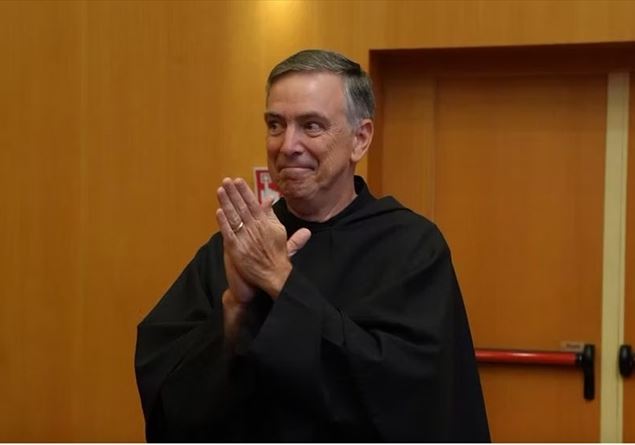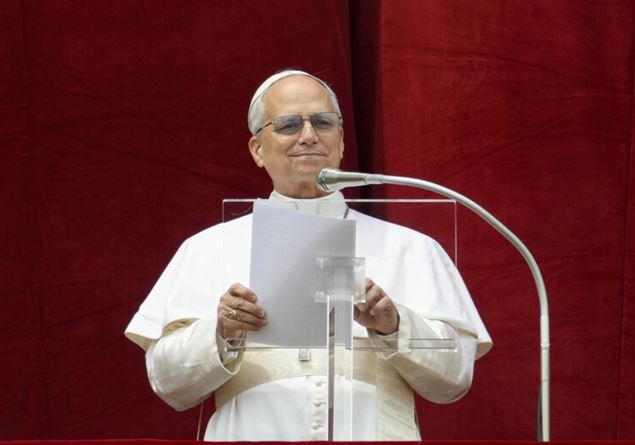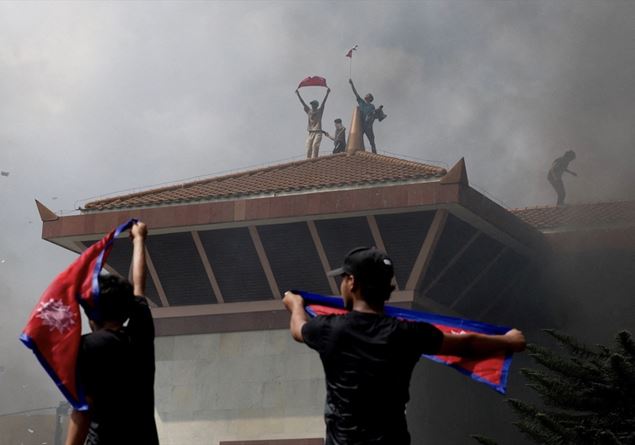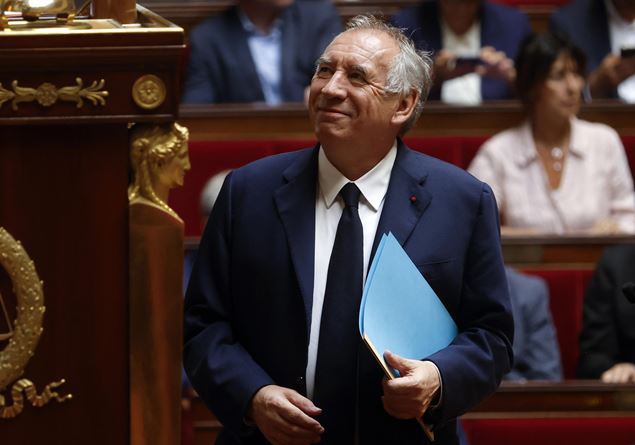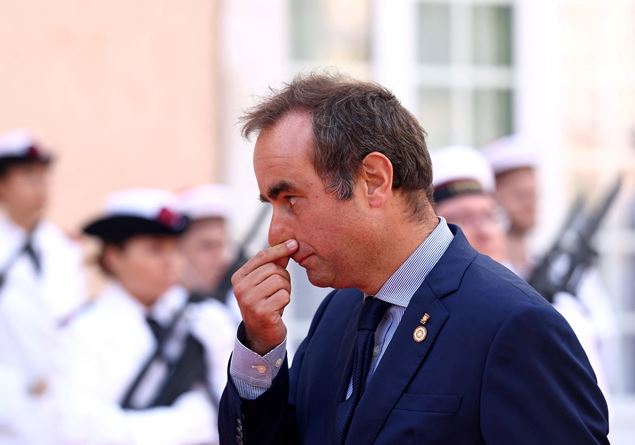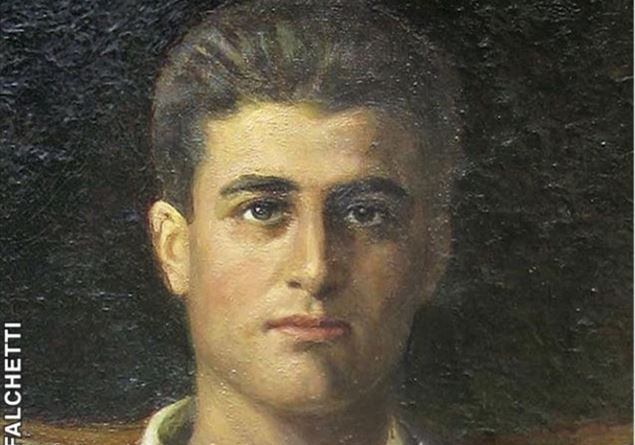An ethics of responsibility, based on the primacy of the person, on social justice and on political charity: it is the vision indicated by Pope Leo XIV to the parliamentarians from 68 countries, received in the Vatican for the Jubilee of the rulers. A speech pronounced on the occasion of the meeting promoted by the international interparent union that has put the role of politics in a world crossed by inequalities, conflicts and rapid technological transformations at the center.
“The political action is, with reason, “the highest form of charity” “, said the Pope, citing Pius XI. “If you consider the service it performs in favor of society and the common good, it really appears as a work of that Christian love that is never a theory, but always a sign and concrete testimony of God’s action in favor of man».
Three key points of his intervention. The first: to defend the weakest and reduce the inequalities. Leone XIV denounced the disproportion “between a wealth possessed by a few and a poverty extended overall”, at the origin of chronic injustices, tensions and wars. “A good political action – he explained – favoring the fair distribution of resources, can offer effective service to harmony and peace”.
The second point touches a central theme for the Papal Magisterium: religious freedom and interreligious dialogue. In a world marked by identity conflicts, politics can and must “promote the conditions for actual religious freedom and a respectful and constructive encounter between the different religious communities can develop”. In support of a common and shared vision of the good, the Pope recalled the “natural law”, universal and always current, that “constitutes the compass with which to orient themselves in legislating and in action».
The third reflection concerns artificial intelligence. A rapid expansion field, which offers enormous potential but also risks. “Personal life is worth much more than an algorithm – the Pope has warned – and social relationships need human spaces well superior to the limited patterns that any self -soul machine can pre -pack”. Leone XIV stressed that the IA must remain “an instrument for the good of the human being, not to diminish or replace it”. Artificial memory is “static”, while human is “creative, dynamic, generative”.
At the end of the speech, The pontiff evoked the figure of St. Thomas Moro as a model for the politicians of all time: a man of faith and consciousness, “perfect servant of the state” who “put his public activity at the service of the person, especially if weak or poor». An example, said the Pope, to be invoked as an intercessor and to follow as a guide.
A strong and current appeal, aimed at those who today have the responsibility of writing the laws and directing public choices in the name of the common good and dignity of every human being.

